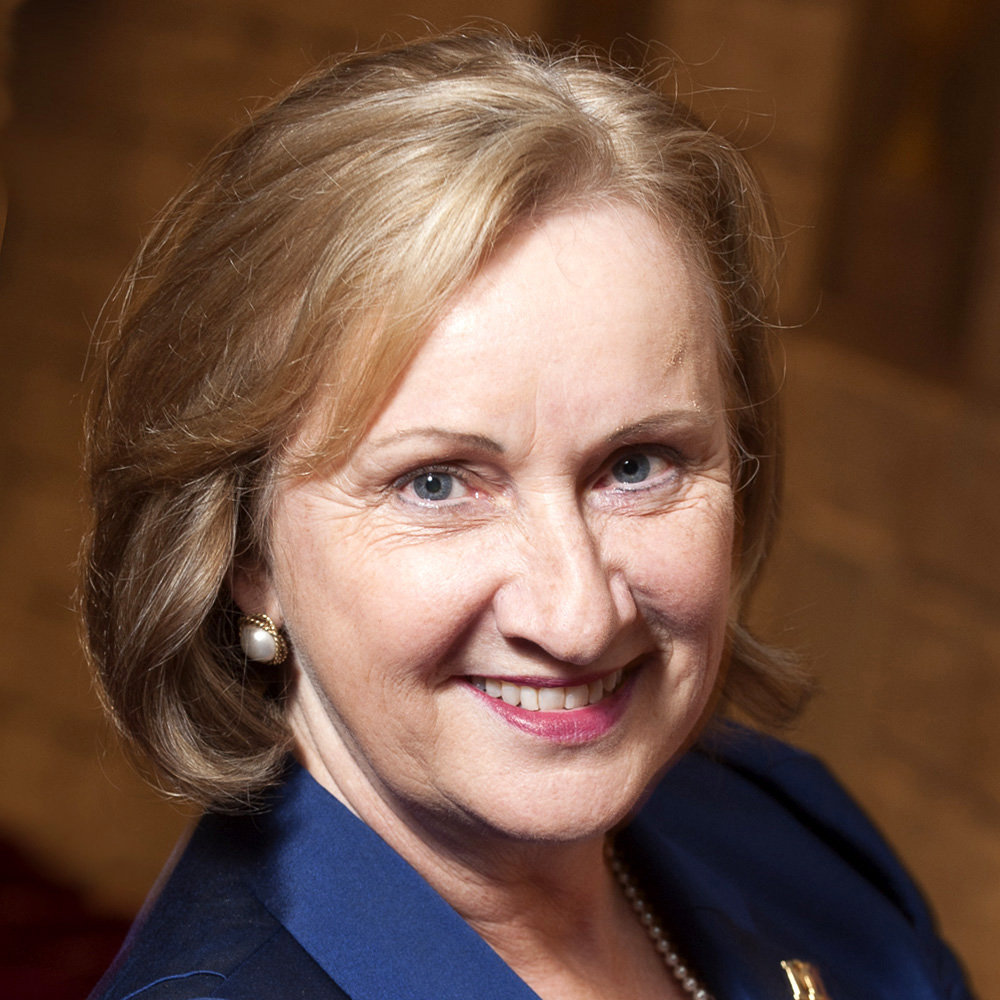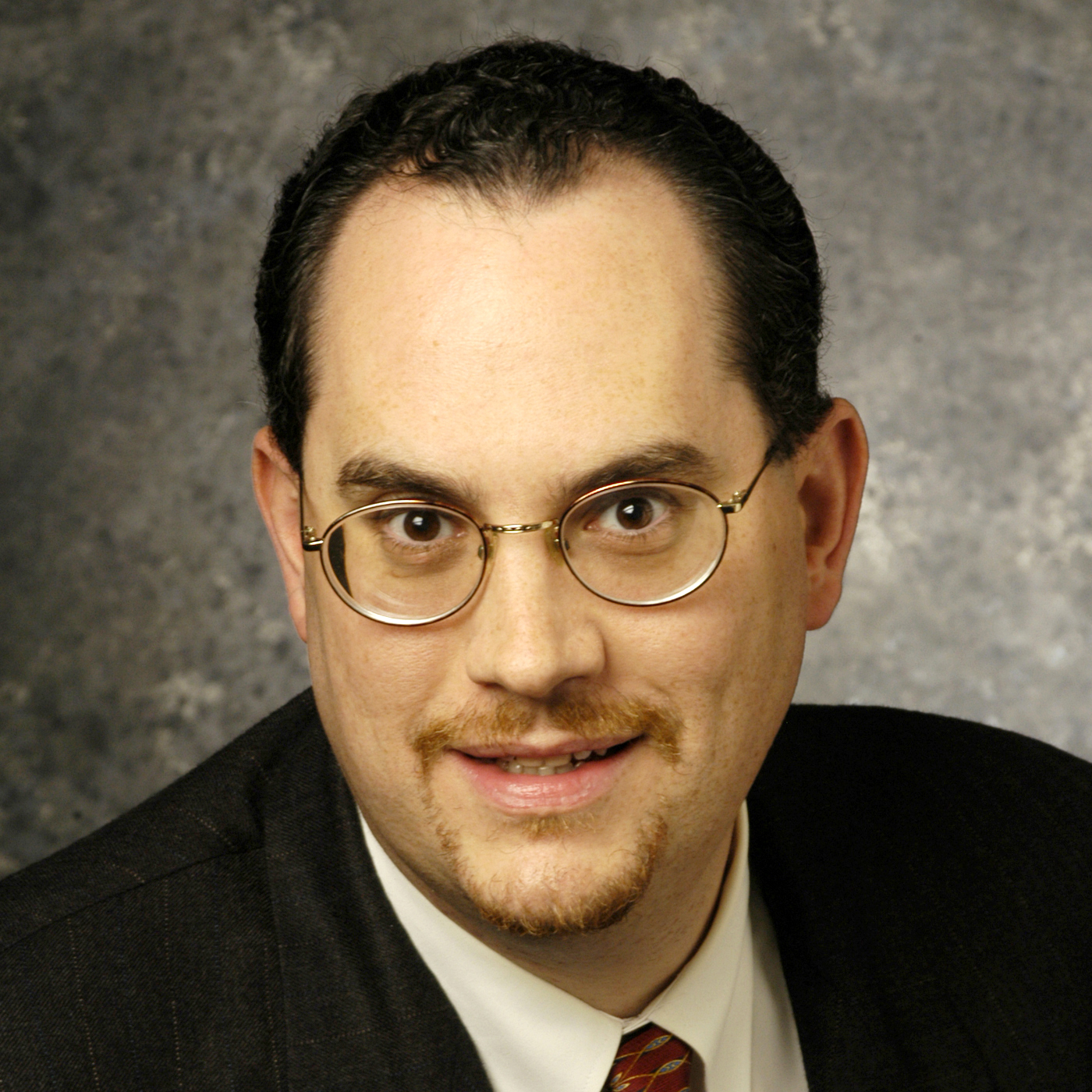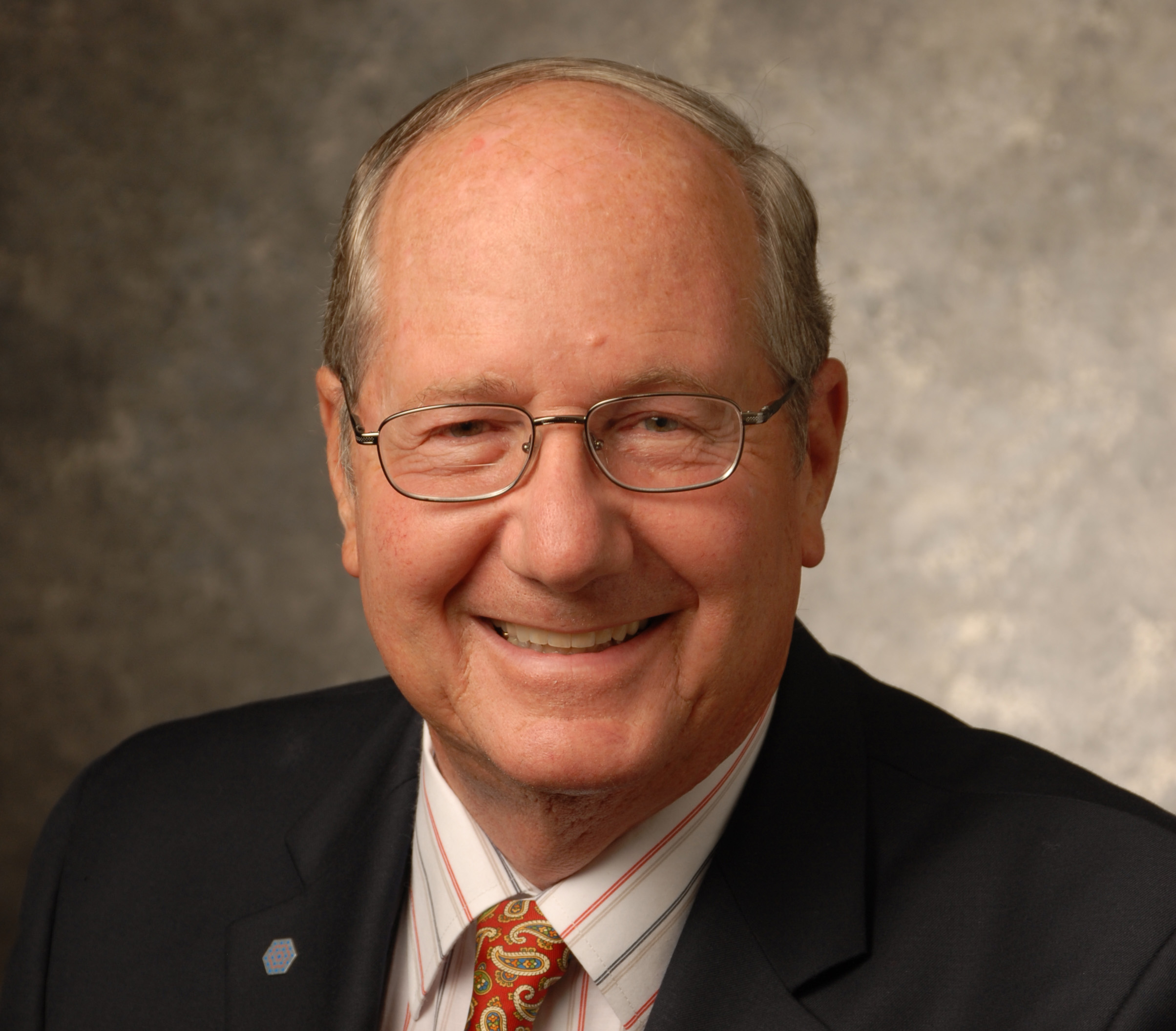Biggest prize on Super Tuesday: The Texas Primary
DALLAS (SMU) – SMU experts are available for interview on all topics related to Texas’ GOP and Democratic primaries, the grandest prizes available on Super Tuesday.
DALLAS (SMU) – SMU experts are available for interview on all topics related to Texas’ GOP and Democratic primaries, the grandest prizes available on Super Tuesday.
| ‘LIAR’ IS A FOUR-LETTER WORD CRUZ CAN’T AFFORD TO SHOULDER | |
|
Ever since he won the Iowa Caucus, the national media narrative hasn’t been kind to Ted Cruz. “Ideally, he’d like the narrative to turn to the Supreme Court and how he’s the person best-suited to know and choose the next justice, because he’s a constitutional law expert,” Martin says. “But nobody is hearing that because the only media narrative coming through about him is about dirty tricks and lies. If he can’t do something about that narrative, he’s in a world of hurt.” On the Democratic Party front, Martin pointed to two factors that would appear to make Texas a lock for Hillary Clinton. “Texas has a high Latino population, which supports Clinton,” Martin says. “I also see that Republican early voting is really high and Democrat early voting is turning out a lot less than it was in 2008. Democratic enthusiasm being low does not bode well for Bernie Sanders.” Martin is an SMU assistant professor of Communication Studies in the Meadows School of the Arts who can discuss:
|
|
| FOR CRUZ TO WIN, HE’LL HAVE TO BORROW PAGE FROM CLINTON PLAYBOOK | |
|
It might not jive with Cruz’s anti-Washington rhetoric, but Kirk says Cruz’s best chance to win Texas might be in copying the Clinton strategy of bear-hugging your party’s last candidate to reach the White House – in this case, George W. Bush. “Texas is still Bush country,” Kirk says. “But the seminal question is: How does Cruz play in Bush country when it comes to running for president? Does he try to say he’s like George W. Bush, with Jeb Bush having dropped out? Cruz might want to bear-hug Bush a bit this weekend, because he has to build a broader coalition and can’t just depend on evangelicals to deliver the state.” Such a tactic might be tricky to pull off given Cruz’s criticism of Bush in a book released a year ago and reports last fall that Bush said of Cruz, “I just don’t like the guy.” But previous statements rarely get in the way of the present when it comes to political strategy, Kirk says. Kirk is SMU professor of communication studies and director of the Maguire Center for Ethics & Public Responsibility who can discuss:
|
|
| KEY TEXAS HISPANIC VOTE POSES QUANDARY FOR RUBIO, CRUZ |
|
|
Much has been made of Nevada exit polls that showed Trump beating Cruz and Rubio, a pair of Hispanic males, for the state’s Hispanic vote. But if either hopes to defeat Trump in high-Hispanic population states like Texas and Florida, or defeat a Democrat in the general election, Voth says that trend will have to end. “Cruz and Rubio need to appeal strategically to…Hispanics who follow the rules,” Voth says. “There is a population of legal Hispanic immigrants that want to hear appeals to law and order. Attacking the Democratic Party’s conventional use of ethnic politics while appealing directly to ethnic voters such as the Hispanic community are important. And both Cruz and Rubio have backgrounds that form useful narratives for their political arguments.” Voth notes, however, that there’s resistance to identifying Republican candidates as ethnic standard bearers. “Conservative candidates are not affirmed for their ethnic identities by the media,” Voth says. “This allows the fierce independent populism of Trump to sweep up the ethnic communities who might want to break the Democratic Party’s hold on ethnic politics.” Voth is SMU’s director of debate and an associate professor of corporate communications and public affairs who can discuss:
|
|
| TRUMP GOES FOR CRUZ KNOCKOUT IN TEXAS | |
|
Texas might just be the ultimate test of the power of mass celebrity vs. party machinery in modern politics. In one corner, Donald Trump is riding a winning streak with unprecedented mass celebrity carrying his candidacy. In the other corner stands Ted Cruz, darling of tea party Republicans and master of a state network that vaulted him to the senate in 2012. The race for Texas promises to be a nail biter. “From Trump’s standpoint, he’ll continue to question Cruz’s character in Texas,” Wilson says. “Cruz will want to pull out all the stops to mobilize the base of volunteers he developed from his statewide senate campaign and (will) draw his local connection to get out the vote. “We’ll see if that organization prevails against the Trump tsunami,” Wilson adds. “If Cruz wants any viability, he must win here. If he doesn’t win in Texas, he can fold up his tent.” Wilson is an SMU associate professor of Political Science who can discuss:
|
|
| ENERGY IS KING IN TEXAS, WHY NOT COURT ITS VOTE? | |
|
Energy policy expert Weinstein says no candidate is courting the energy industry in Texas — but they’d be wise to. “We’ve had 100,000 energy-related layoffs nationwide, and one-third of those have happened in Texas,” Weinstein says. “But energy hasn’t been an issue because gas is so cheap. Energy is only an issue when gas is more than $3, but we’re talking about 8 or 9 million people in this country whose livelihoods depend on oil and gas and a stock market that often follows oil prices up and down.” Weinstein noted that Rubio is the only candidate to have named an energy adviser – Larry Nichols – the chairman of Devon energy, which was one of the first companies to develop the Barnett Shale formation in north Texas. “I see that as a positive sign Rubio is concerned about the energy sector,” Weinstein says. “Will it swing any votes? I doubt it. But it may help him politically in other ways.” Weinstein is an economist and associate director of SMU’s Maguire Energy Institute who can discuss:
|
|
###
SMU is a nationally ranked private university in Dallas founded 100 years ago. Today, SMU enrolls approximately 11,000 students who benefit from the academic opportunities and international reach of seven degree-granting schools.
21671-nr-2/25/16-kr




